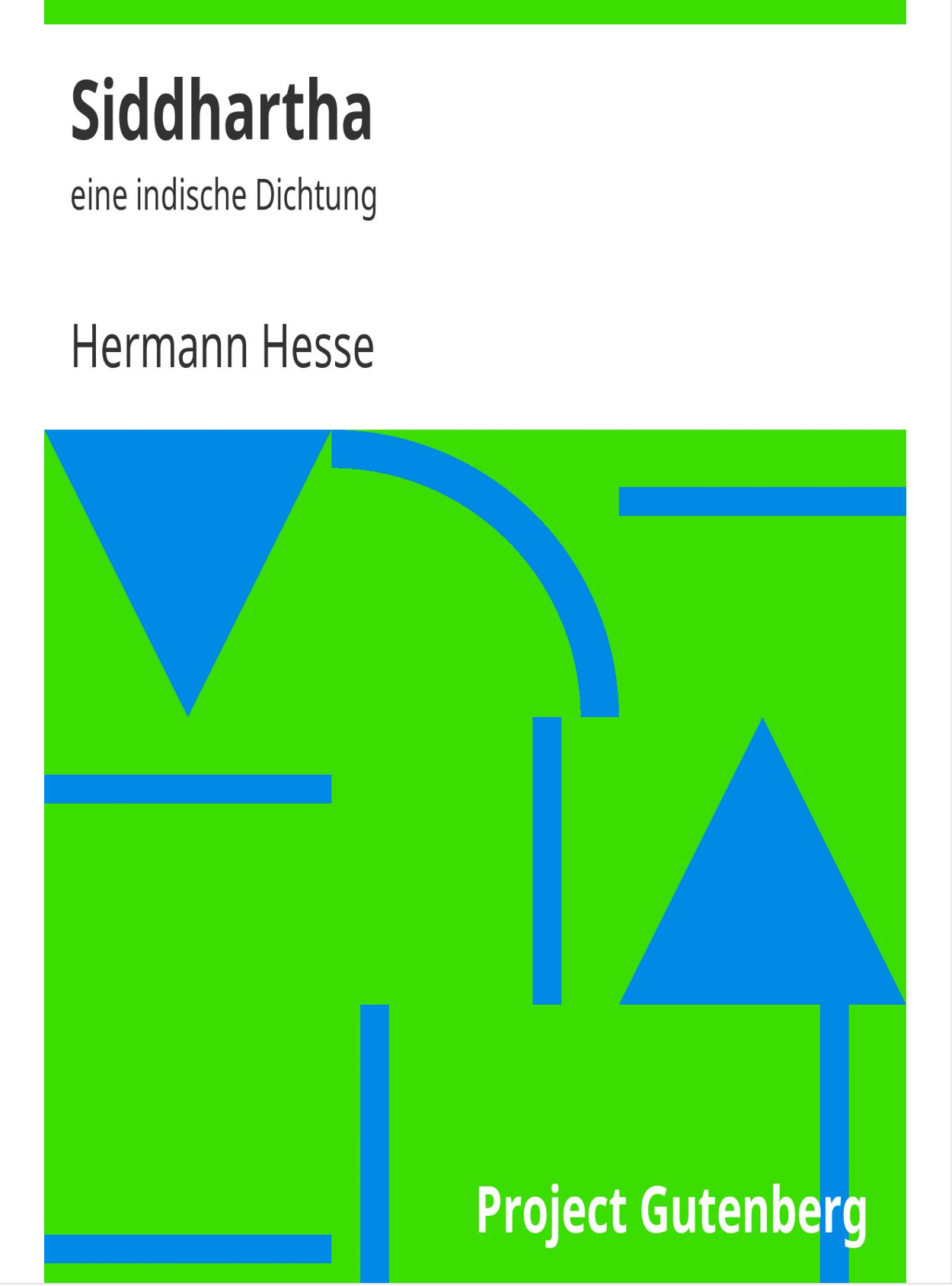Several months ago I re-read the book Siddhartha by Hermann Hesse. I had read it in my first-year tutorial in college back in 1997 (an English translation), and decided after 25 years, I would read the original in German. I didn’t remember too many details from my previous read, but I did remember the general themes, and as I read, some of it began to become familiar. I have read a fair amount of Hesse over the last few years – The Glassbead Game, Gertrude, and Knulp. Spoiler alert – frequently the ending of Hesse’s books are a rather abrupt death of the main character. I also frequently end up thinking to myself – “well, I enjoyed that book, but I am not sure I really understood what the point was”. That is not the case in Siddhartha.
My first-year tutorial in college was about the search for identity. In Siddhartha, the eponymous main character spends his entire life seeking enlightenment. In the end, he seems to realize that one cannot learn enlightenment from a teacher or a teaching. One must discover it for oneself. In my interpretation, Siddhartha finds enlightenment in mindfulness, or at least, my understanding of mindfulness. When Siddhartha’s childhood friend Govinda encounters Siddhartha as an old man, he asks for advice on how to find the right path. Siddhartha responds:
“What should I possibly have to tell you, oh venerable one? Perhaps that you’re searching far too much? That in all that searching, you don’t find the time for finding?”
Siddhartha then goes on to talk about a nearby rock, and other seemingly random things, to illustrate the point that everything is holy. We should be in awe of all that is around us. This is my interpretation of mindfulness – just pay attention to where you are in the moment. Look around at the ground, the sky, yourself, and so on. Stop a minute to be in the moment and realize the beauty and wonder and also the horrid and deathly. Constant searching is not the answer.
Then finally to my point. Even though I like the ending of Siddhartha, the one passage which really sticks with me is when Siddhartha decides to leave the band of traveling monks and experience the material life as a merchant. He goes to a merchant to ask him to teach him the ways of the merchant. The merchant asks him what skills he has, and Siddhartha replies
I can think. I can wait. I can fast.
As one might imagine, the merchant did not find this résumé particularly appealing. What use are these skills? Siddhartha replies
When a person has nothing to eat, fasting is the smartest thing he could do. When, for example, Siddhartha hadn’t learned to fast, he would have to accept any kind of service before this day is up, whether it may be with you or wherever, because hunger would force him to do so. But like this, Siddhartha can wait calmly, he knows no impatience, he knows no emergency, for a long time he can allow hunger to besiege him and can laugh about it. This, sir, is what fasting is good for.”
One of the central tenants of Buddhism is to desire nothing. Fasting is a great example of this. There is a big difference between not eating out of choice versus not eating out of necessity. Especially as I get older, I see the value in patience more and more. While I am waiting, I can think. I can pay attention to what is around me, and contemplate its purpose. If at the end of my life I have only three skills, I wish them to be thinking, waiting, and fasting.

